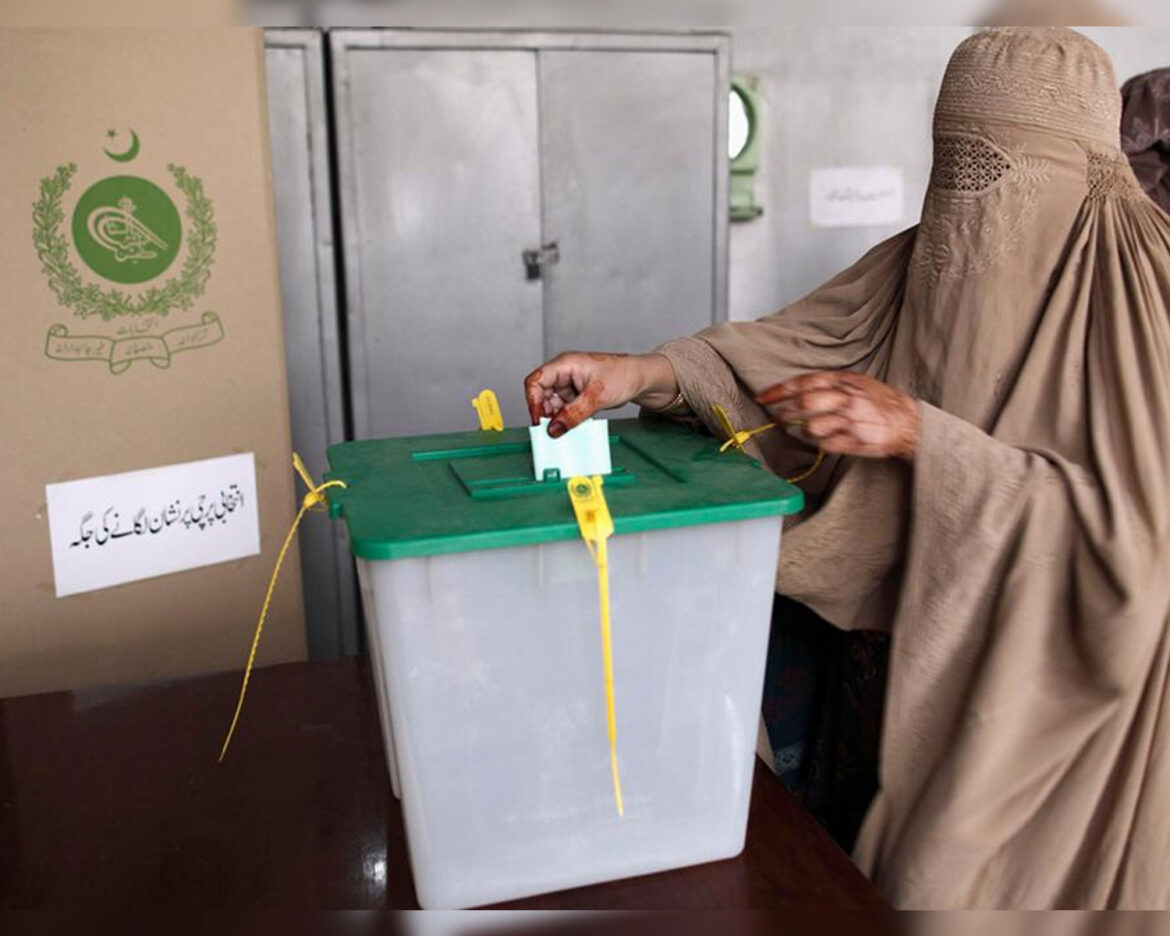Key Western countries have expressed their concern over the potential delay in parliamentary elections and the implications it could have on the country’s international ties. Diplomatic sources have revealed that the United States and the European Union have been closely monitoring the situation in Pakistan regarding the upcoming elections, stressing the importance of upholding democratic processes.
Both the US and the EU have consistently emphasized the significance of elections in fostering a progressive democratic society. However, apprehensions have arisen within Western capitals about the possibility of election postponement and the continuation of the current caretaker administration beyond its stipulated timeframe.
As per Pakistan’s Constitution, elections must be held within 90 days following the dissolution of the assemblies. Nonetheless, concerns have arisen after the Council of Common Interests (CCI), during the concluding stages of the Pakistan Democratic Movement (PDM) government, approved new census results. Subsequently, the Election Commission of Pakistan (ECP) announced a fresh delimitation exercise based on the digital census of 2023, asserting its legal obligation to redraw constituencies before the upcoming elections.
The delimitation process is projected to extend over a four-month period, with elections slated to follow thereafter. Diplomatic sources have indicated that a brief delay resulting from delimitation procedures and technicalities might be tolerated. However, any postponement beyond February of the following year could carry serious consequences for Pakistan.
A source disclosed, “Frankly, if elections are delayed beyond February, it will be extremely difficult for us to maintain the same level of bilateral engagement with Pakistan as we are doing now.” This warning underscores the gravity of the situation, suggesting that Western countries may reevaluate their cooperation with Pakistan if the democratic process is hindered.
Notably, these Western nations hold democracy in high regard and are particularly concerned about the equitable treatment of all political parties. The recent media restrictions and crackdowns on certain political entities have also raised alarms within diplomatic circles. One source emphasized, “This is something we will be keeping a close eye on.”
The potential consequences of election delay include a reassessment of engagement with Pakistan by Western countries, potentially impacting cooperation with institutions like the International Monetary Fund (IMF) led by the United States. It remains to be seen how Pakistan responds to these warnings and addresses the concerns of its Western partners, all while ensuring the timely and fair conduct of its parliamentary elections.



